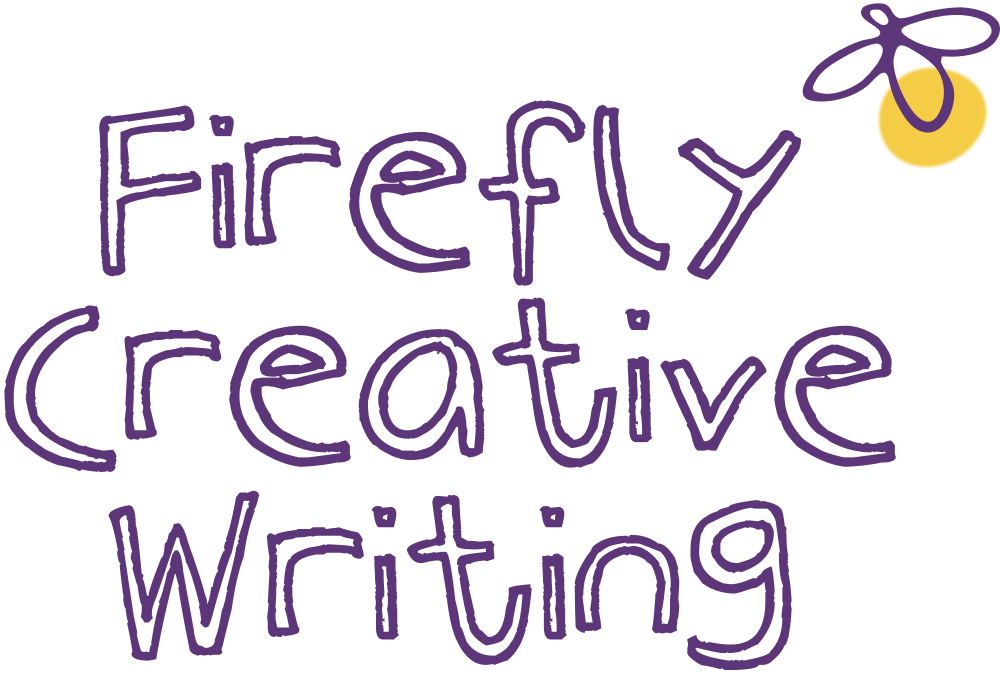On holding, and being held.
Rows of tiny flower sprouts in the sunshine.
Sometimes we don’t see a question coming.
A few weeks ago, I was visiting my friend Linda, who I’ve written about here before. She has memory loss, and one evening at dinner she turned to me, eyebrows raised, and said:
“Chris — what do you want to be when you grow up?”
I smiled at the chance to answer this question for the first time in decades. Then I heard myself replying: “I think I want to help people write their stories, and feel less alone.”
She smiled back. “I think that’s perfect for you.”
Explaining things in simple words can uncover their truth.
For years I’ve been trying to find an answer to “What do you do” that feels right. There it was. I want to help people to write their stories, and feel less alone. That’s what we do here.
It’s easy to hear this as two things, but I’m not sure if anyone could separate them. Writing is a deeply solitary act, and it makes us less alone. And when we feel less alone, our stories flow. A little loop.
And isn’t the solitude of writing full of people? I’m typing this at my sister’s kitchen table in California. I haven’t written in days, but today everyone is at work and the words are coming — a quiet house was all the permission they needed.
But you’re here of course, the gentle possibility of a reader. And there’s lunch in the fridge that my sister made me. There are voices of neighbours floating through the windows. And there’s Linda, smiling from a few paragraphs up.
I love the idea of the solitary writer, a machine of pure productivity.
I see those social media ads for bootcamp-style writing classes — “finish your book in 30 days!” — and my heart lifts like a sword. “I can do it!”
It makes me feel the same way as weeding my sister’s garden felt this morning, the thrill of roots lifting out of warm brown soil over and over, making room for future nourishment.
But I know that writing isn’t like that. Weeding is inherently destructive, and it only takes one person to break something. (We have more than enough examples of that these days.)
But writing is creation, is connection — it thrives on the idiosyncratic back and forth of other lives and minds, inspiration, language. We’re constantly borrowing. We need this cross-pollination to let our thousands of word-seeds push up to the sky, to say, “something else can happen here.”
Pause for a sec, and think of the last time you had a deeply satisfying writing experience.
How were you being held? Was someone in the next room or table, anchoring your focus? Did you have a feeling of a person who would read your work when you were done? Were you inspired by something?
How did other people step in to be the sunshine and rainwater for those little seeds, so that they could find the light?
This is my favourite kind of contradiction.
I keep thinking about this passage in the book Bittersweet by Susan Cain:
Safety holds hands with fear; innovation holds hands with failure; collaboration holds hands with conflict; and inclusion holds hands with difference.
I’m going to add two more:
Solitude holds hands with community.
Creativity holds hands with all other creativity.
How is your writing asking to be held right now?
What are you not giving yourself permission to write just yet? What do you need a little more support from others in order to express?
We all have seeds of hope, anxiety, rage, grief, and wonder reaching through us, asking to be planted in language. Writing is hard work. What’s the sunshine and water those seeds need? Whose gentle presence could help them sprout?
Wayne Muller says, “Productivity is a horrible metric for the measure of human wonder.”
Writing is wonder. Writing is a summer garden brimming with wonder.
I’m glad you’re here, and I love that I have the chance to plant some seeds with you.
In it with you,


